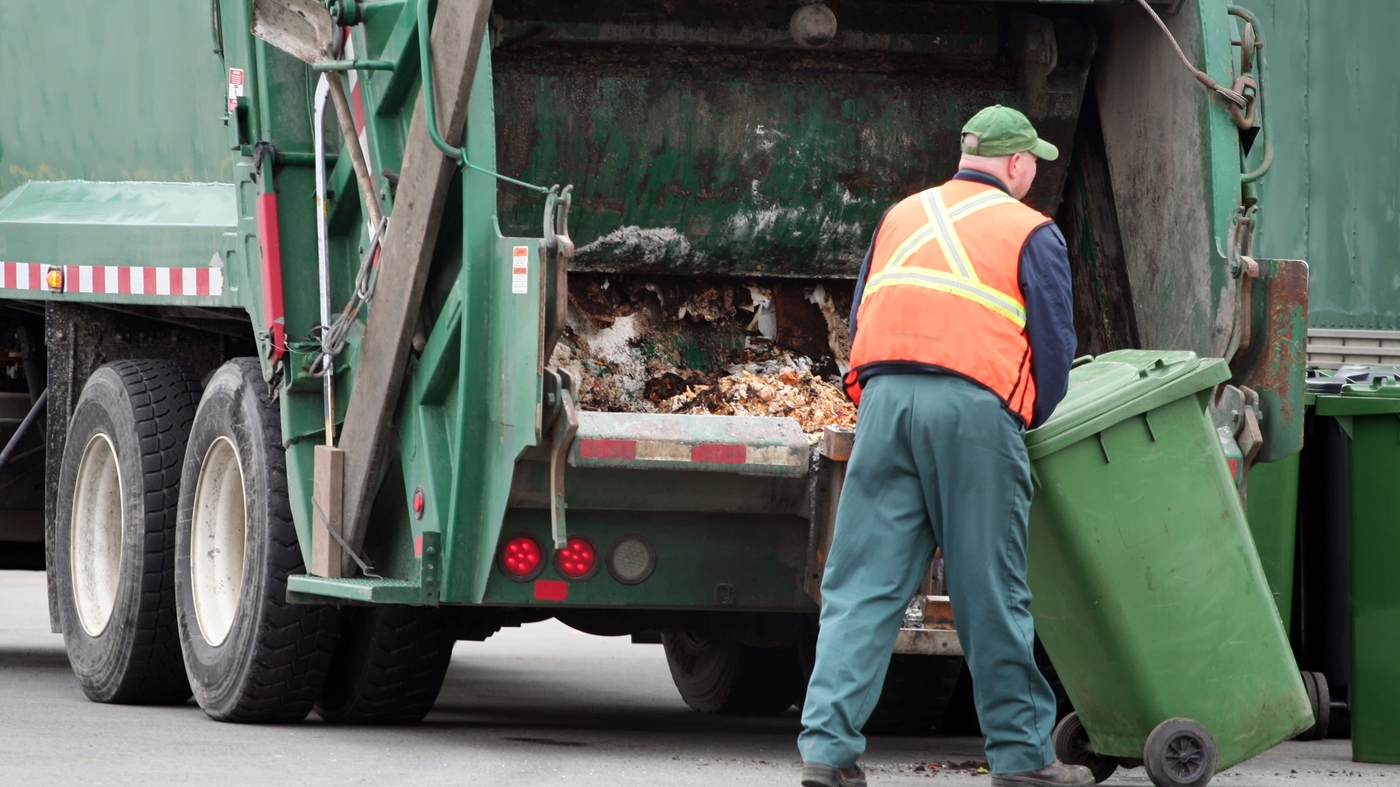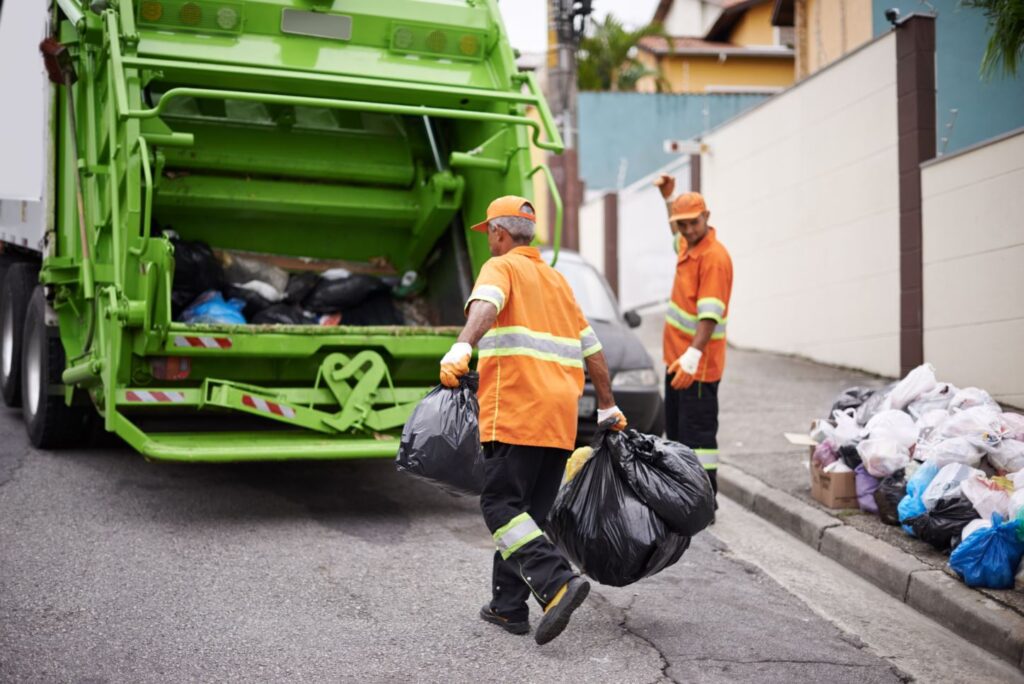
US Garbage Collection
There is a huge deal of waste in the United States. When someone discards something, the garbage collector collects it, transports it to the waste firm, and then transports it to landfills. This procedure is divided into three phases. The individual who tossed the trash out first places that on the curb. The garbage collector arrives with a truck to collect it. The garbage is then delivered to the garbage business.

Service Definition
Garbage collection services are the collecting and removal of non-recyclable or reusable waste. Sewage treatment facilities including landfill site operations had not included in the calculations for this exercise. The benchmarking results for waste diversion programmes (such as recycling) are also shown here.
Summary Of Findings
- A tonne of waste costs an average city US$201 to collect.
- Costs range from US$32 per tonne to US$582 per tonne.
- At least half of cities in our study claim complete property coverage.
- Many cities charge collection fees.
- Analysis of benchmarks
- Efficiency
The cost and profit of collecting a tonne of trash. These figures represent total garbage collection expenditures (operating and capital) and total revenue (fees and other charges) divided by number of recorded tonnes of rubbish collected during period. We split costs and revenue for this indication and evaluated them side – by – side see below.
Consider The Following:
Seventeen cities contributed data to determine waste collection efficiency. When we look at the raw expenses (operating and capital), we might expect to pay anything from $30 and $580 per tonne. When we look just at net cost, however, we see that three cities actually profit from the waste collection service – indeed, revenue from charges per tonne exceeds the cost per tonne.
It’s worth noting that, based on the information provided, not all localities collect fees. Cities did not send revenue reports. There was no geographic evidence which fees are not allowed in certain countries after reviewing those specific cities. So, why do certain localities impose fees while others do not? Do some cities believe that waste collection costs should be covered by property taxes? In relation to the four locations that do not generate income, five more cities only generate a small amount of revenue, far less than the cost of service.
Costs vary depending on whether the city is congested or has complicated streets, like those found in large urban centres or older cities with tiny streets.
Some towns have included waste disposal costs in their rubbish collection costs, whereas others have not. The priciest element of waste programme is trash disposal facilities, and these prices are rising as environmental requirements become more strict.
In Taiwan, garbage trucks play classical music to alert residents that they are approaching, and inhabitants hurry out with solid waste & recycling. Residents must wait for garbage trucks and pay for leftover rubbish in city bags, while recycling and organic waste are free.
Unless governments set fairly ambitious waste diversion targets, garbage collection and disposal will only become more costly as cities grow. Many communities are combining garbage collection, disposal, & waste diversion functions into a comprehensive waste management system; assessing their efficiency and efficacy in combination should be the target.
Comments are Closed